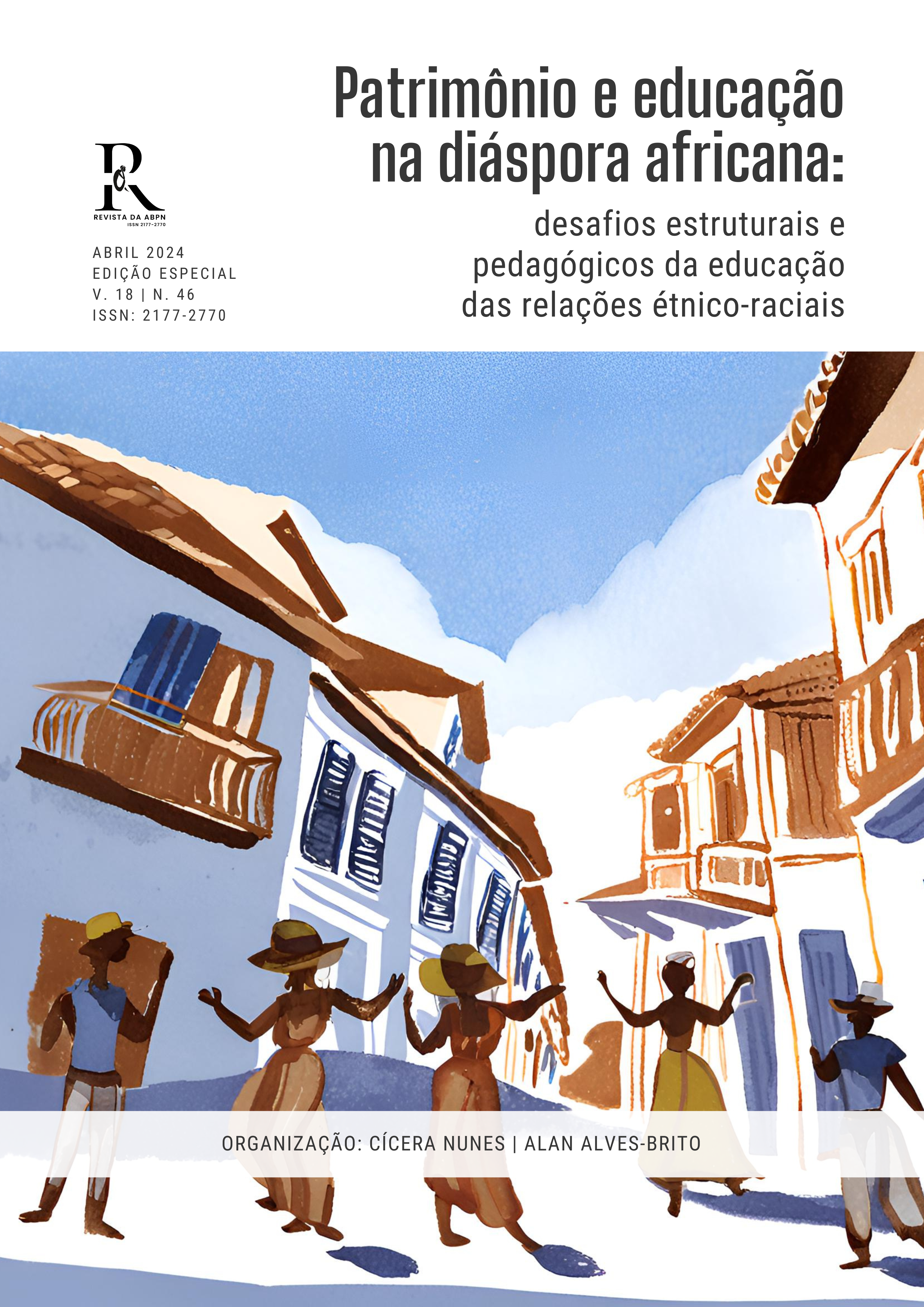TEACHING HERITAGE IN THE ARCHITECTURE AND URBANISM COURSE: THE FREE FAIR AS NA AFRICAN LEGACY IN IGUATU-CE
Main Article Content
Abstract
The article addresses the relationship between teaching heritage and the effective teaching of African and Afro-Brazilian history and culture in the architecture and urban planning course. Given this context, we reflect on our territory, namely, the municipality of Iguatu, which is part of the Center-South region of Ceará. Iguatu is marked by a unique historicity due to the influences of indigenous peoples and their descendants, which has had an impact on cultural heritage, such as the street market. Therefore, the objective of this research was to analyze the Iguatu street market as an African legacy in teaching heritage for architecture and urban planning courses. We are based on the Afro-descendance method, we carry out bibliographical research and field practice, which takes place through pathography, in the streets surrounding the public market, the place where street markets took place in past centuries, and continue to do so. We used photographic records as a data collection technique, using this instrument to capture the local reality as a representation for a critical analysis of the aspects found. We understand the Iguatu-Ce street market as a social space for the production and recognition of local Africanities, acting as a ground for realizing and valuing the diversity present in African and Afro-descendant history and culture.
Article Details

This work is licensed under a Creative Commons Attribution 4.0 International License.
Copyright Statement
- Authors retain copyright and grant the journal the right of first publication, with work simultaneously licensed under the Creative Commons Attribution License CC-BY 4.0 which allows the sharing of the work with acknowledgment of the authorship of the work and initial publication in this journal.
- Authors are authorized to enter into additional contracts separately for non-exclusive distribution of the version of the work published in this journal (eg, publishing in institutional repository or book chapter), with acknowledgment of authorship and initial publication in this journal.
- Authors are allowed and encouraged to post and distribute their work online (eg in institutional repositories or on their personal page) at any point before or during the editorial process, as this may lead to productive changes as well as increase impact and citation of published work (See The Effect of Free Access).

